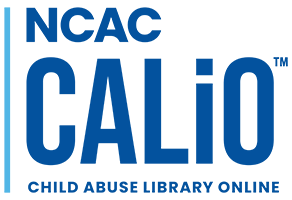Log into CALiO™ or contact the librarians to obtain publications.
Brubacher, S. P., Roberts, K., Cooper, B., Price, H., Barry, L., & Vanderloon, M. (2018). A nationwide survey of child interviewing practices in Canada. Canadian Journal of Criminology and Criminal Justice, 60(1), 34-68. DOI:10.3138/cjccj.2017-0008
Cederborg, A. C., Alm, C., Lima de Silva Nises, D., & Lamd, M. E. (2013). Investigative interviewing of alleged child abuse victims: An evaluation of a new training programme for investigative interviewers. Police Practice and Research, 14(3), 242-254. DOI:10.1080/15614263.2012.712292
Hershkowitz, I., Ahern, E. C., Lamb, M. E., Blasbalg, U., Kami-Visel, Y., & Breitman, M. (2017). Changes in interviewers' use of supportive techniquies during the Revised Protocol training. Applied Cognitive Psychology, 31(3), 340-350. DOI:10.1002/acp.3333
Lamb, M. E. (2016). Difficulties translating research on forensic interview practices to practitioners: Finding water, leading horses, but can we get them to drink? American Psychologist, 71(8), 710-718. DOI:10.1037/amp0000039
Lamb, M. E., Brown, D. A., Hershkowitz, I., Orbach, Y., & Esplin, P. W. (2018). Tell me what happened: Questioning children about abuse. John Wiley & Sons.
Stewart, H., Katz, C., & La Rooy, D. J. (2011). Training forensic interviewers. In M. E. Lamb, D. J. La Rooy, L. C. Malloy, & C. Katz (Eds.), Children's testimony: A handbook of psychological research and forensic practice (pp. 199-216). John Wiley & Sons. DOI:10.1002/9781119998495
Stolzenberg, S. N. & Lyon, T. D. (2015). Repeated self-and peer-review leads to continuous improvement in child interviewing performance. Journal of Forensic Social Work, 5(1-3), 20-28. DOI:10.1080/1936928X.2015.1068721
